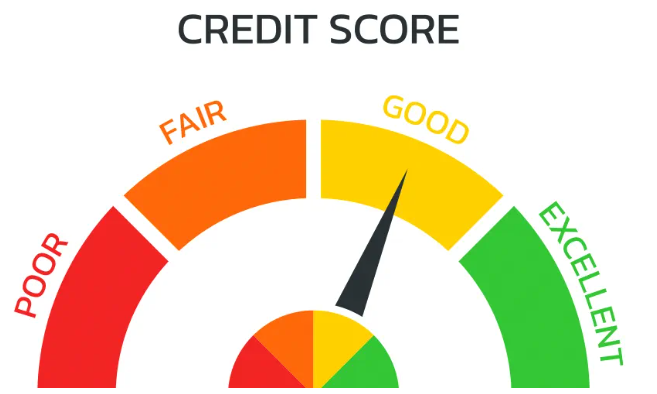A CIBIL score, generated by the Credit Information Bureau (India) Limited (now known as TransUnion CIBIL), is a three-digit number ranging from 300 to 900. This score summarizes a consumer’s credit history, credit behavior, and creditworthiness. It’s derived from the individual’s past and current credit data, which CIBIL collects from various banks and financial institutions.
Why is the CIBIL Score Important?
Your CIBIL score plays a critical role when you apply for loans or credit cards. A high score can help you:
- Secure lower interest rates: Lenders see a high score as a sign of lower risk, which often results in more favorable loan terms.
- Increase your loan eligibility: A good score enhances your chances of loan approval for larger amounts.
- Gain faster credit approvals: A high score can speed up the approval process, as less verification is needed.
Conversely, a low CIBIL score can be a significant barrier, potentially leading to loan rejections or high-interest rates.
Factors Affecting Your CIBIL Score
- Payment History (35%): Timely payments are crucial. Late payments, defaults, and write-offs negatively affect your score.
- Credit Utilization Ratio (30%): How much of your total credit limit you’re using. Keeping it under 30% is advisable.
- Credit Mix and Duration (25%): A mix of secured (like home loans) and unsecured loans (like credit cards) over a longer period is beneficial.
- New Credit (10%): Opening several new credit accounts in a short period can lower your score.
- Other Factors (10%): Including your frequency of credit applications and co-signing or guaranteeing other loans.
10 Innovative Ways to Improve Your CIBIL Score
- Automate Your Payments: Set up automatic payments for your EMIs and credit card bills to avoid missing due dates.
- Maintain Old Credit Accounts: Older accounts contribute to a longer credit history, which can positively impact your score.
- Negotiate Outstanding Balances: If you have collections or past dues, negotiate to pay them off in exchange for a “paid in full” report to CIBIL.
- Increase Your Credit Limit: Occasionally requesting a higher credit limit can improve your credit utilization ratio, as long as you don’t increase your spending.
- Become an Authorized User: Being added as an authorized user on a family member’s credit card can help you benefit from their positive credit history.
- Limit Your Loan Applications: Each loan application can cause a small dip in your credit score due to the hard inquiry made by lenders.
- Check Your Credit Report Regularly: Regular reviews can help you catch and rectify any inaccuracies or fraudulent activities before they impact your score.
- Use a Secured Credit Card: If you have a low score, consider starting with a secured credit card, which is backed by a cash deposit.
- Diversify Your Credit: Having a good mix of credit types (credit card, personal loan, home loan) can be seen as evidence of managing credit well.
- Educate Yourself About Credit: Understanding credit and actively managing it is a continuous process that can help you maintain a healthy score.
Conclusion
Improving your CIBIL score is a strategic process that requires patience and discipline. By understanding what impacts your score and implementing these strategies, you can enhance your financial profile, making it easier to obtain loans and credit at better terms. Whether you’re planning a major purchase or just want to improve your financial health, starting with your CIBIL score can pave the way to achieving your goals.
